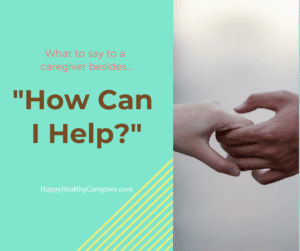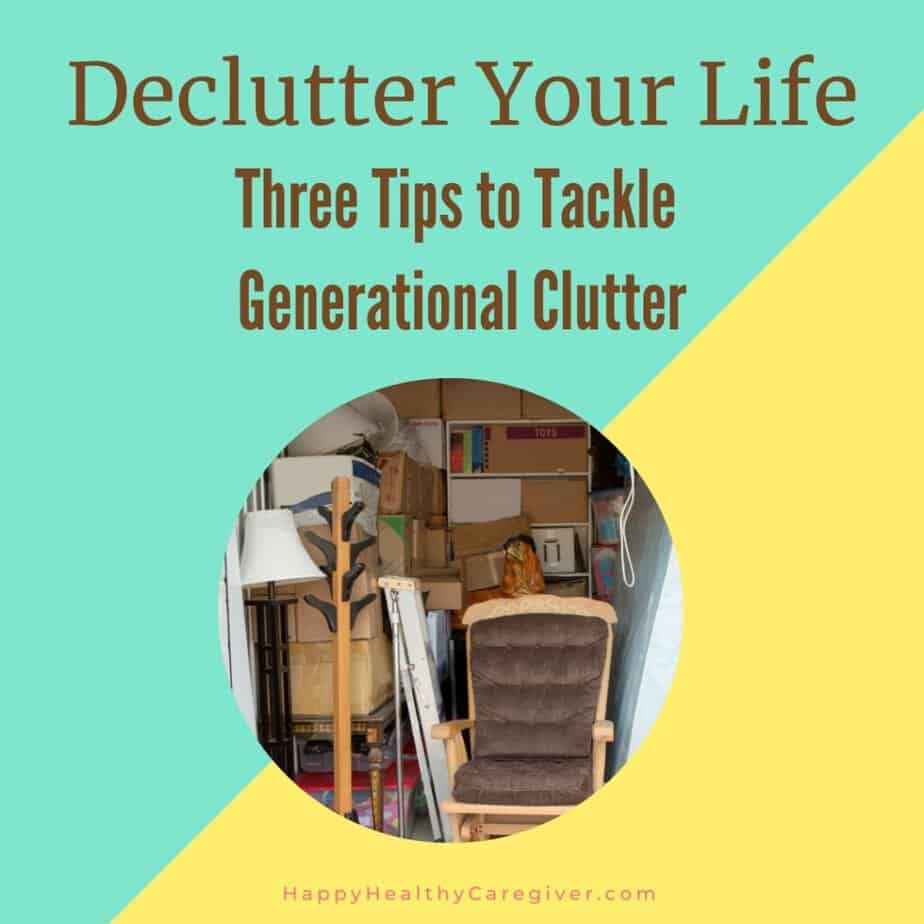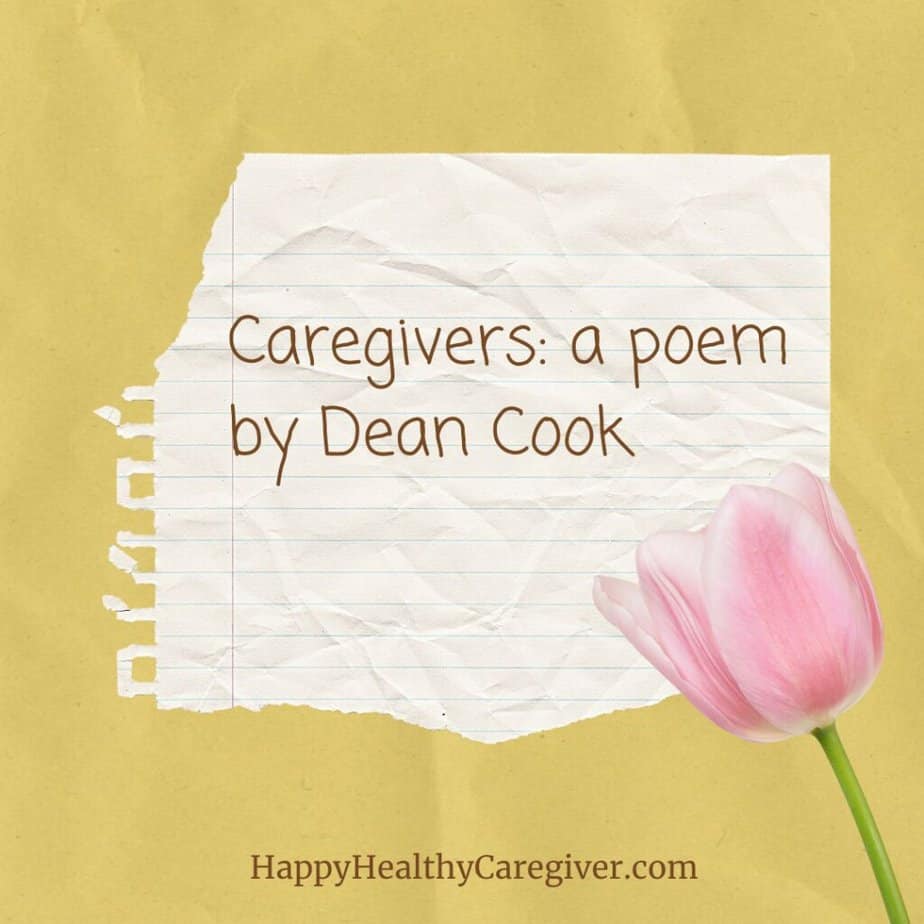After my father-in-law became ill in 2017, I can’t even guess how many times I must have asked my husband and sister-in-law this open-ended question. It wasn’t surprising that many others were also asking them the same question. ”How can I help?” seems to be one of the go-to questions when a friend or loved one tells you something bad just happened to a person in their life.
I soon learned this question wasn’t always the best approach to really being able to help a caregiver. The conclusion I came to is sometimes an individual is so overwhelmed with the tasks at hand, they can’t give you a direct answer.

Prior to my father-in-law becoming ill, my mother-in-law had started showing signs of dementia. With my sister-in-law at the reigns, my in-laws were able to stay in their home together.
One evening, my husband received a call that his father was on his way to the hospital. We had received similar calls in the past, but this time it was just different. My husband took off out of the house in a hurry for the hospital. We never could have imagined the way things would change following that evening.
My father-in-law had bad pneumonia and things got complicated. The recommendation was that he be intubated and sedated. He was later put into a medically-induced coma and due to complications, he did not wake up for months. Eventually, he awoke only to be bed-ridden and beginning to show signs of dementia himself.
My husband and his siblings’ lives were turned upside down and they were now instant caregivers—jumping every time the phone rang and taking life one minute at a time. Things changed often based on instruction from various doctors. So many questions, decisions, and sacrifices were made. All of these caregiving tasks were compounded with also figuring out how to take care of their mom. On top of caregiving, they were also trying to not neglect their children, spouses, and jobs.
As the spouse of a caregiver, I have a different perspective and experience. These circumstances hurt me, first to see my in-laws, whom I love dearly, suffering, but now also watching my husband’s life drastically change. Then, there were the nights where my children asked why dad hadn’t been home in two days. This was during the first few months when my husband had been going to the hospital after work and staying overnight every other evening.
I quickly realized that my role as a spouse was equally important in the collective goal of caregiving. The saying “it takes a village to raise a child,” applies to caregiving as well. I helped to take on my husband’s duties at home, which allowed him to be more present with his parents and have his moments of self-care, as well.
I stopped asking how I can help and started to really pay attention. This new behavior extended to my sister-in-law, too. I did my best to listen and see where I could help. For example, if she was invited to an event with one of her kids at school but was scheduled to be at the hospital that night, I would use that as an opportunity to offer my help at the hospital so she wouldn’t miss an opportunity to be present as a mom.
Caregivers have an extremely difficult physical task at hand, in addition to sheer emotional and mental stress. I would implore anyone who knows a caregiver to reach out to them, talk to them, and see the situation they are in. Instead of asking them the open question of ‘How can I help?’, offer specific ways you can assist. Offer them a cooked meal, run an errand for them, babysit their kids, or simply offer your time. Time is often the greatest gift you can give to someone who is busy giving so much of themselves to another.
Cristina Sarria left the workforce to dedicate herself to her family during this difficult time. In the process, she created an app for families impacted by caregiving called Together Community Care. The app’s mission is to bridge the gap between caregivers and those who want to help them.




